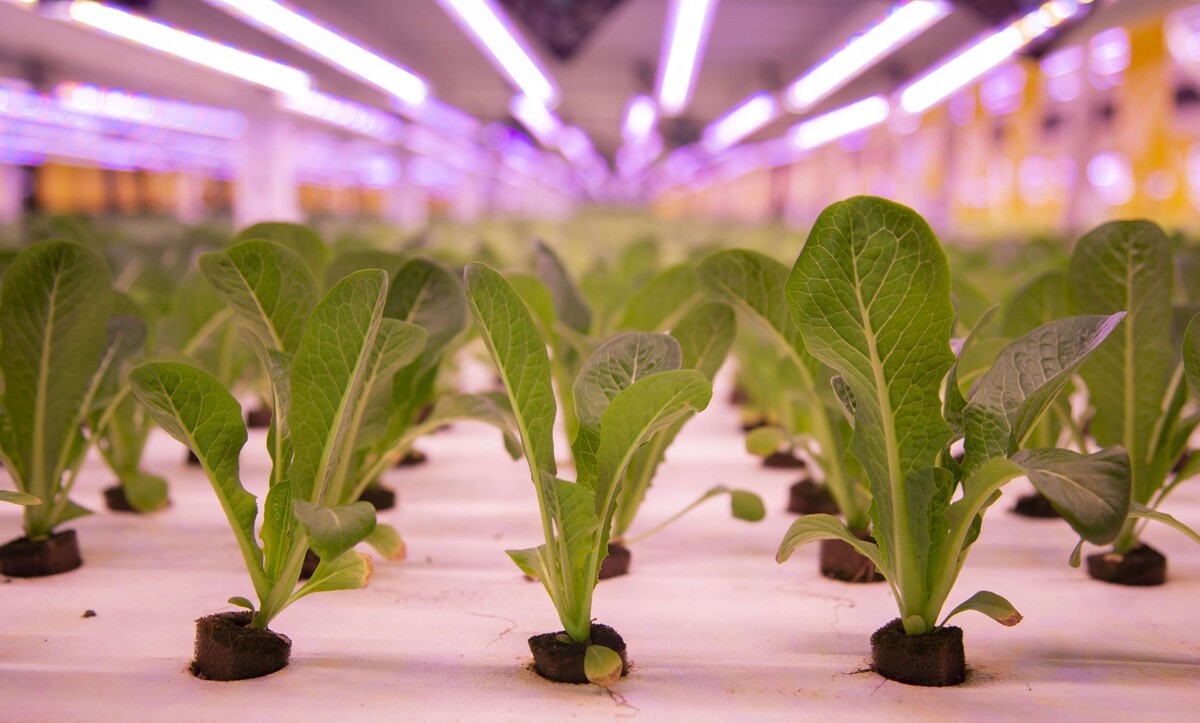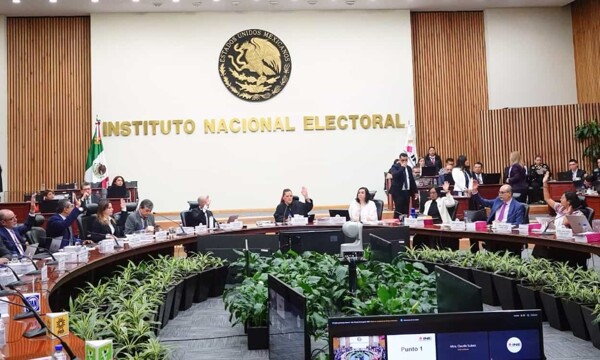
The adoption of artificial intelligence (AI) by companies has become an essential practice to optimize operations and ecosystems. However, to make AI sustainable, strategic investments are necessary. This implies that both government and academic institutions must collaborate to accelerate the use of AI in environmental issues.
One of the main challenges in this regard is the environmental footprint of AI. The implementation of these models requires a large amount of energy and computing resources, which can have devastating impacts on the environment, such as increasing energy demand, carbon emissions, and resource depletion. It is estimated that by 2030, AI will use 4.5% of the world's energy.
To mitigate these impacts, it is vital for organizations to adopt sustainable development practices in AI. Companies like Salesforce are leading this change by committing to develop and implement new AI technologies responsibly. This involves classifying high-risk models based on their energy demand and establishing strict efficiency standards in these cases.
Sustainability must be a priority when implementing AI, as this technology can transform industries, processes, and generate value. It is important to share advancements and best practices in AI openly so that more communities can benefit. Optimizing high-risk models to be energy-efficient and utilizing clean energy sources will help minimize their ecological footprint.
Despite the environmental challenges posed by AI, it has significant potential to combat climate change. It is essential for organizations to integrate environmental impact as a criterion when evaluating and deploying AI systems. This commitment must encompass all stakeholders to ensure responsible technology development and preserve the future for generations to come.














